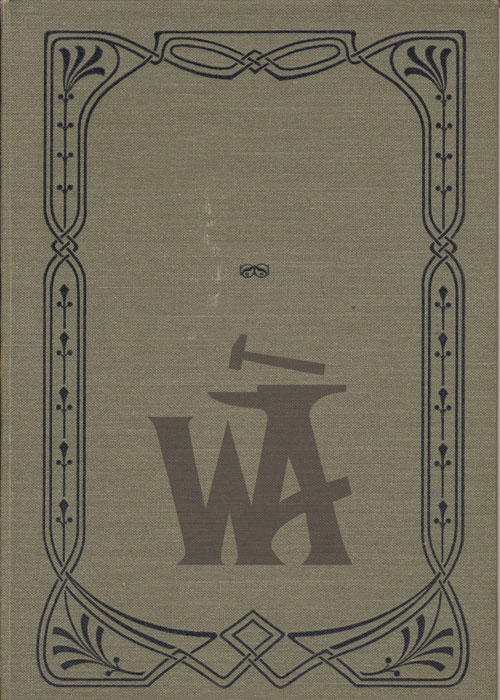I am British so conventions will be in measurements I understand and the opposing version in brackets.
- Area - 1 square metre (10.76 square feet)
- Length - 100 metres (328ft 1 1/64 Inches)
- Speed - 60mph (96.56km)
- Temperature - 100C (212F)
- Weight - 1 kg (2.2lbs)
Some professions started much later in history so if the start date to the profession is in the 20th century, I’m sorry but I have to have some kind of cut off.
The list of professions in this book come from familyresearcher.co.uk. Who has been very helpful in giving me definitions of professions. They will form the backbone of this book as we travel the world of professions. There were gaps involved and I have included these, these are professions are seeming "obvious" defined professions, such as; Baker, Carpenter, Embalmer or Swordsmith.
The following titles will accompany the professions in this book with their meanings as follows.
Origin
The Origin of the Profession where was it first practised and the year or at least the century if known.
Status
How is this profession practised is it still a paying job or has it turned into a hobby or is it something that is only kept alive by the historical reactors? I will also try and give that status in the profession in the UK as well if it is known.
What The Profession Involves.
More importantly what the profession involves. If I can I will go into how it changed throughout history as a potter in the present is completely different to a potter of the 18th century.
Extra Points
Sometimes a professional needs extra points that couldn’t go in the general narrative of the profession’s entry or the profession has some interesting points that has something to do with the profession, for example, the point could be about the bread bakers made.
Education Required
It is rare if a profession doesn't need qualifications, sometimes it's just to have an interest in the subject or the profession is a part of, or to have a number of years experience in the profession as an apprentice. In this section, you will know what level of qualification was needed for the profession.
Derivatives, Conglomerates and Alternative Names And Other Notes.
Derivatives
Not all professions stay the same, some professions break apart and become specialised in their own right. These professions will be listed here and your welcome to go to the professions listed to continue on the journey of that profession’s history.
Conglomerates
Sometimes in the world of the professions, it doesn’t make economic sense to keep two separate professions separate and they come together. In this section, I will list the professions that are linked with the one you are currently reading.
Alternative Names And Other Notes
Alternatives names mean what other names the profession can have, other notes can include; anything from things such as what the other gender's version is called, what other languages call the profession, as and when I have the information, and other spellings as some professions came about before the spelling standardisation of English in 1755 or due to not knowing the spelling and writing it wrong.
References
Want to know where I got this information you can! For example, for the above information about the standardisation of English spellings comes from:
Wikipedia. (2020). English-language spelling reform. [online] Available at: https://en.wikipedia.org/wiki/English-language_spelling_reform.







